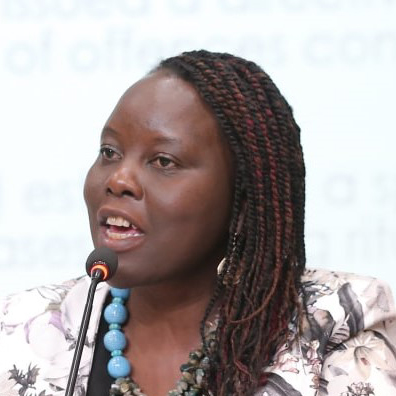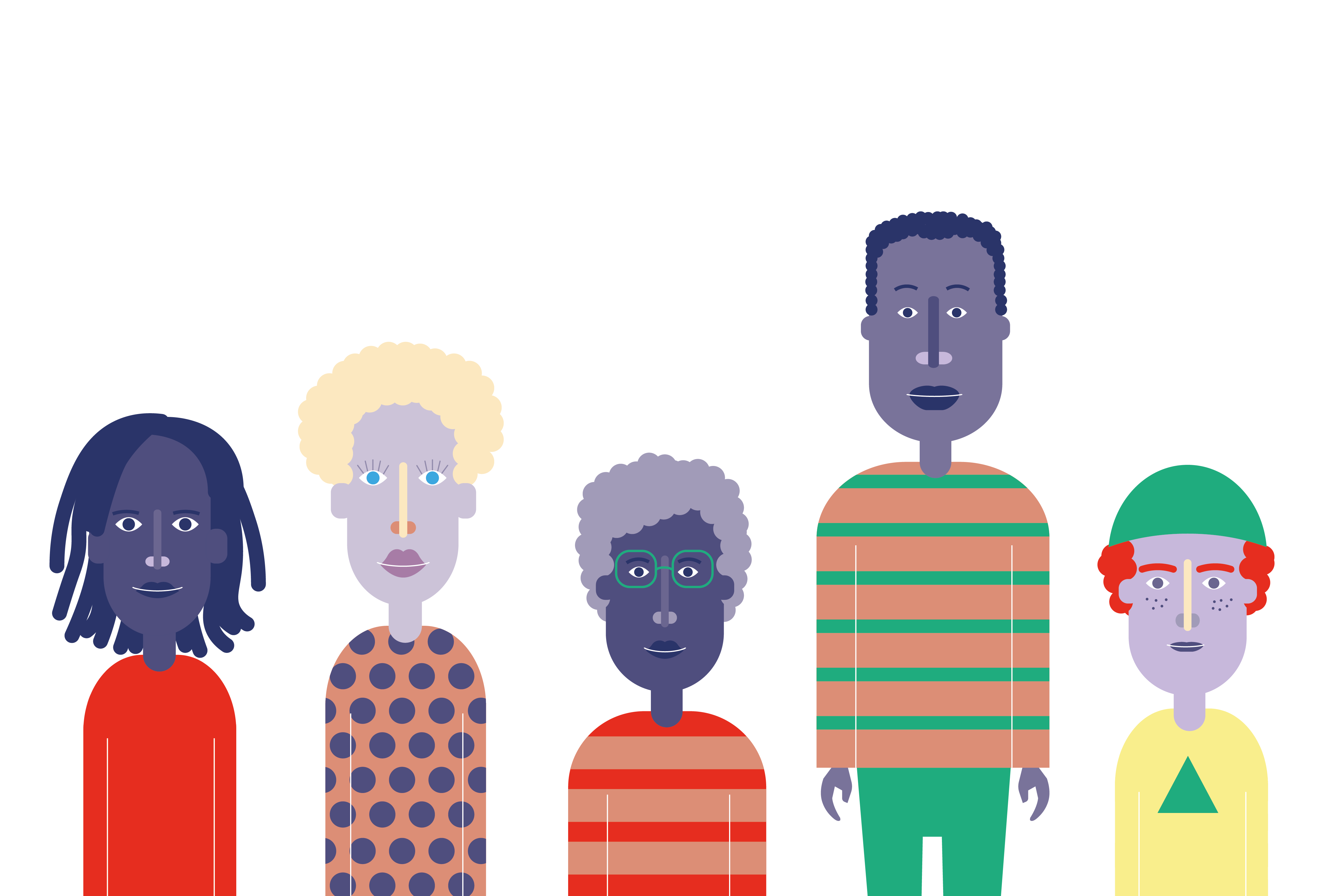Foreword

Muluka-Anne Miti-Drummond
UN Independent Expert on the enjoyment of rights by persons with albinism.
It is sometimes said that ignorance is bliss. Unfortunately, that does not always ring true. Ignorance can lead to wrong beliefs, superstitions, and myths. And in turn, such wrong beliefs, superstitions, and myths - particularly about people who are different from us - can lead us to irrationally hating, admiring, or pitying people whom we know absolutely nothing about. Myths and superstitions can be dehumanising. This is something that we have seen in relation to people with albinism.
Albinism is a rare, non-contagious, genetically inherited condition which commonly results in the lack of melanin pigment in the hair, skin and eyes, causing vulnerability to sun exposure. A lack of understanding of the condition means that those with albinism do not always get the support they need, including for their visual impairment and vulnerability to sun exposure. Persons with albinism have been called derogatory terms, bullied, harassed, ostracised and banished from their communities due to a wrong belief that they are a sign of bad luck or something maleficent. In extreme cases, they have been abducted, mutilated and even killed based on a superstition that their body parts can provide wealth or some kind of fortune.
This is why this book is so essential. It contributes to replacing ignorance with knowledge. It shines light and truth into the darkness of ignorance that dehumanises those with albinism. The book can be used for education and awareness raising that can help to demystify albinism and end attacks against persons with albinism. It further provides information which can help authorities and institutions educate themselves and make the necessary changes, including reasonable accommodations, to ensure the rights of persons with albinism to participate in their communities. I would recommend schools the world over to include information from this book into their school curriculum. Arming the young with knowledge early on in their life equips them to challenge superstitions and to understand albinism as a condition.
